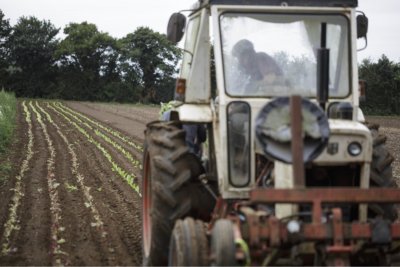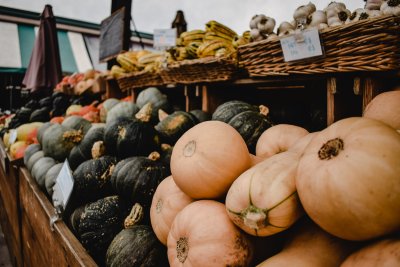A new study has found that three-quarters of the honey produced around the world is contaminated with bee-killing pesticides, albeit at levels not deemed harmful to humans.
The analysis of 198 honey samples was conducted by researchers at the University of Neuchatel in Switzerland, with the results published in Science. The study looked at concentrations of the five most commonly used neonicotinoids, which have been shown in the past to be toxic to bees and other pollinators.
At least 75% of the samples contained at least one of the five, while 45% contained two or more and 10% contained four or five. Although the levels of contamination were below human safety thresholds, the authors say the results confirm the 'inundation' of bees and their environments with these pesticides, despite some recent efforts to decrease their use. Read the paper here.
The Sustain alliance campaigns for greener, healthier and fairer food systems for everyone. Find out more about our activities and support us here.
Published Thursday 12 October 2017
Sustain: Sustain The alliance for better food and farming advocates food and agriculture policies and practices that enhance the health and welfare of people and animals, improve the working and living environment, enrich society and culture and promote equity.





